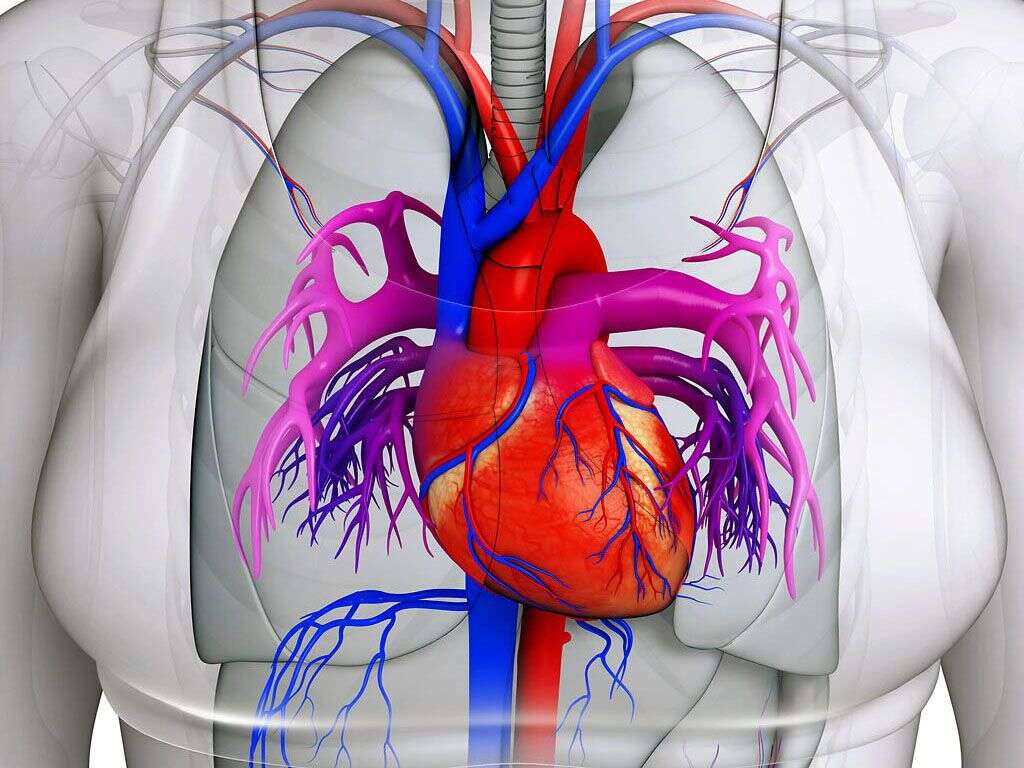10 Mitral Valve Prolapse Symptoms
The mitral valve is a bicuspid valve in the left side of the heart. It is known as bicuspid as it has two flaps in the heart and is located between the left atrium and ventricle. The mitral valve along with the tricuspid valve are collectively known as atrioventricular valves as it lies between the atria and ventricles. Normally, blood flows through the open mitral valve during diastole once the left atrium contracts. The mitral valve then closes during systole while the ventricle contracts. The opening and closing of the valves are due to the pressure changes between the chambers. In abnormal conditions, there may be backflow of blood through the valve (regurgitation), or narrowed valves (stenosis), or prolapse (mitral valve prolapse) with age.
Mitral valve prolapse is a heart disease that involves the valves and is characterized by an abnormally thickened leaflet of the mitral valve in the left atrium. Mitral valve prolapse can be classified into classic (complications include infective endocarditis, mitral regurgitation, congestive heart failure, and cardiac arrest) and non-classic (less complications and controlled through dietary attention). The diagnosis is achieved via echocardiography using an ultrasound to look at the mitral valve. The prevalence of mitral valve prolapse is estimated to be about 2 to 3% of the population.
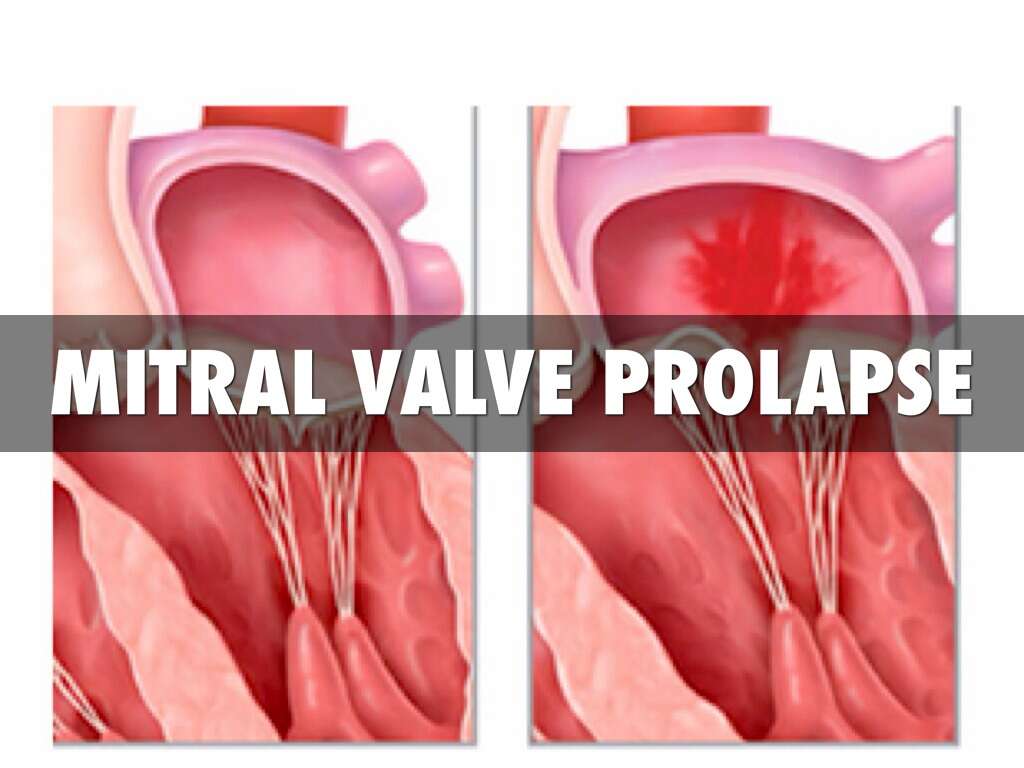
Symptom #1: Exercise Intolerance
Mitral valve prolapse is usually asymptomatic. Most of the symptoms associated with this condition are complications that involve the back-flow of blood into the atrium (mitral regurgitation).
One of the most common symptoms associated with mitral regurgitation is exercise intolerance. It is described as difficulty breathing while performing a demanding exercise routine. The shortness of breath can easily cause dizziness and it usually gets better once the patient stops exercising.

Symptom #2: Palpitations
Palpitations is a medical term that is used to describe the perceived abnormality where the heartbeat due to cardiac muscle contractions are made aware to the individual involved. This means that the person is aware of the contractions in the chest such as irregular, hard, or fast.
It can occur due to many conditions such as anxiety and does not always necessarily mean that there is a structural or functional abnormality with the heart. Palpitations can be accompanied by other symptoms such as shortness of breath, sweating, dizziness, headaches, and even chest pain.

Symptom #3: Shortness of Breath
Dyspnea is the medical term that refers to shortness of breath. It is described as a feeling where an individual is not able to breathe well or an experience of discomfort that varies in intensity.
Shortness of breath in the context of a patient with mitral valve prolapse is usually not due to the prolapse itself, but due to the progression of mitral regurgitation. The blood can leak backward into the atrium, causing symptoms like dyspnea.
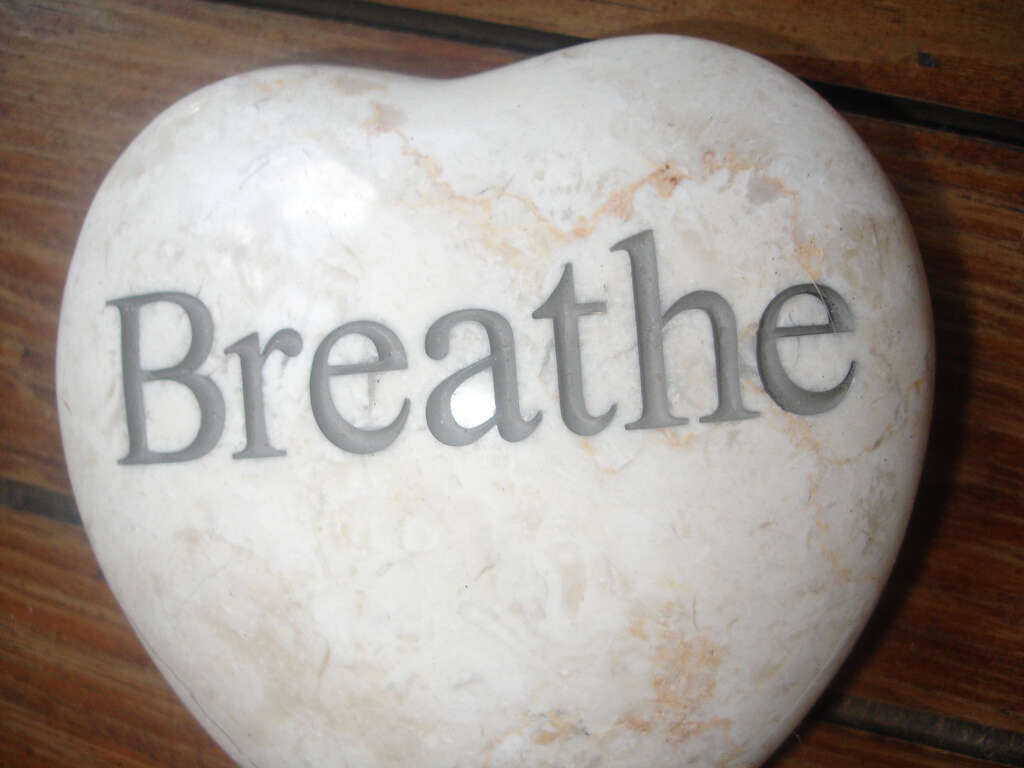
Symptom #4: Dizziness
Dizziness is known as an impairment in the perception of stability and balance. Dizziness can be caused by a myriad of causes and can be due to impairments to multiple parts of the body such as the inner ear, eyes, nervous system, and muscles.
Some of the common physiological causes are due to inadequate blood supply to the brain, low blood pressure, heart diseases, blockage of arteries, disorders of the inner ear, side effects of medication and more. In mitral valve prolapse, dizziness occurs as there is inadequate blood supply to the brain.

Symptom #5: Arrhythmia
Arrhythmia is a condition where the heart is beating too fast, too slow, or has an irregular rhythm. A heart rate above 100 beats per minute is known as tachycardia while a heart rate below 60 beats per minute is known as bradycardia. Arrhythmias are usually asymptomatic and if present, usually include palpitations, dizziness, fainting, breathlessness, and chest pain.
While the majority of arrhythmias are usually not serious, some cases can increase the likelihood of stroke, heart failure, or heart attack. Mitral valve prolapse is rarely a serious condition but can cause arrhythmias that can become life-threatening especially if it causes significant leakage of the valves.
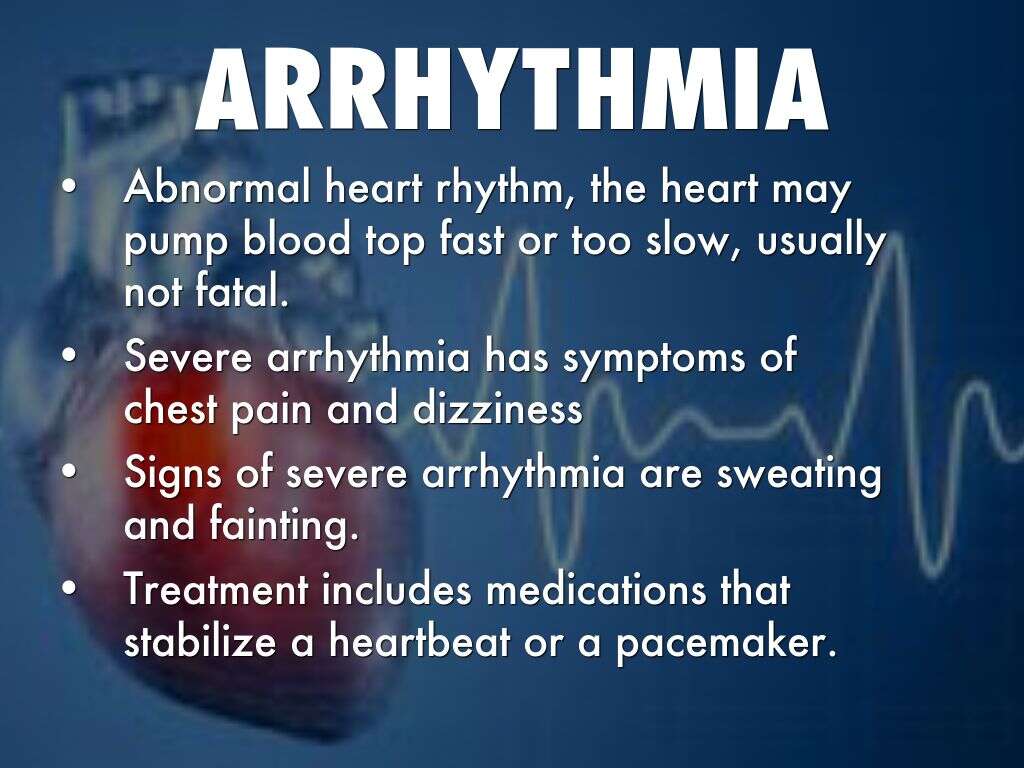
Symptom #6: Fatigue
The term fatigue is a term that is used to refer to a subjective sensation of tiredness that is unlike weakness. It usually has a gradual onset and can be alleviated by rest. Fatigue usually have an underlying physical or mental cause.
Physical fatigue is due to the inability of the muscles in the body to maintain optimal physical performance and worsened by physical exercise. Mental fatigue is usually due to a decrease in cognitive performance due to increased durations of cognitive activity. Fatigue can present as lethargy, somnolence, and directed attention fatigue. Fatigue is a non-specific symptom and can be caused by many different conditions such as mitral valve prolapse.

Symptom #7: Anxiety
Anxiety is an emotion that causes an individual to experience an unpleasant sensation of turmoil. There is often nervous behavior such as rumination (focused attention on one’s distress), pacing, nail biting, somatic complaints (butterflies in the stomach, etcetera). It is an unpleasant feeling of dread over certain events. It should not be confused with fear as fear is a response to an immediate threat whereas anxiety is a response to expectation of future threats. It can be described as a feeling of worry and uneasiness.
Anxiety is often accompanied by physical symptoms such as muscle tension, fatigue, issues focusing, restlessness, and more. In mitral valve prolapse, the anxiety and panicking often makes the issue worse leading to hyperventilation, dizziness, breathlessness, palpitations, chest pain, and apprehension. Some experts believe these symptoms to be of emotional origin.

Symptom #8: Problems Sleeping
Patients suffering from mitral valve prolapse usually have problems sleeping. Due to the back-flow of blood into the atrium, they may experience orthopnea.
Orthopnea is defined as difficulty breathing after the lying flat. This symptom will make it hard to get a good night’s sleep.

Symptom #9: Syncope
Syncope is also known as passing out or fainting. It is caused by a decreased flow of blood into the brain. Patients suffering from mitral valve prolapse can experience this symptom if the disease progresses into mitral regurgitation and/or congestive heart failure.
If you are suffering from this symptom you should seek medical attention to prevent further complications.
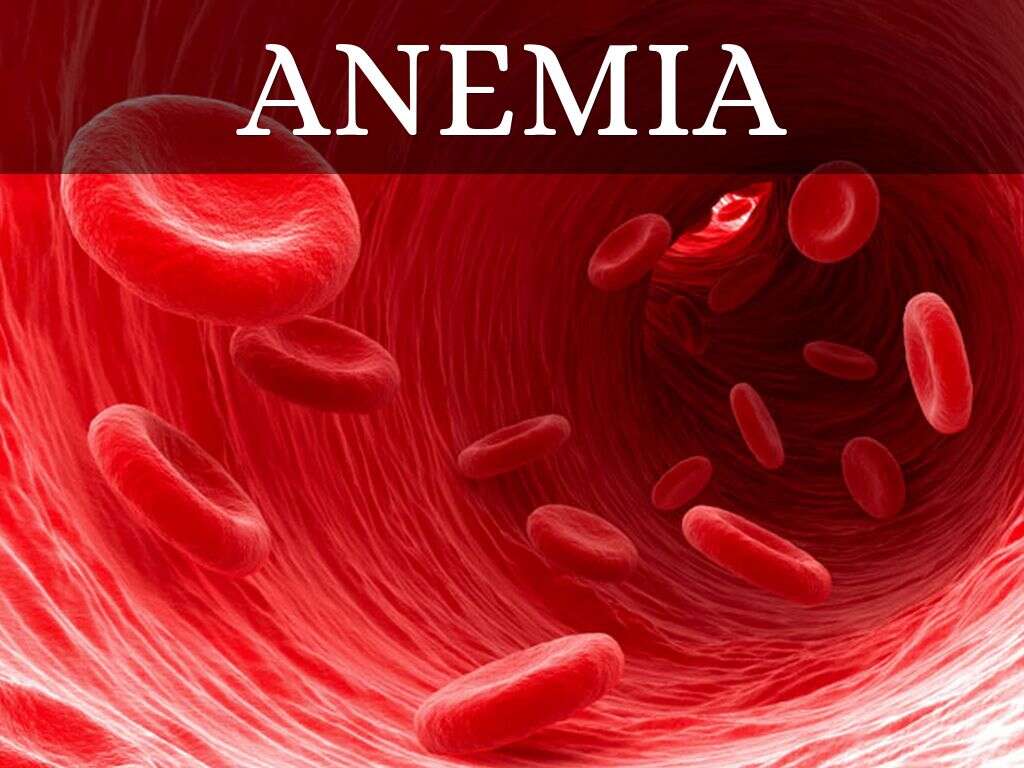
Symptom #10: Swollen Feet, Ankles, and Legs
As previously established, mitral valve prolapse is the commonest cause of mitral regurgitation that causes backflow of blood through the mitral valve as the heart pumps. After several years, it causes weakness of the heart muscles leading to congestive heart failure.
Congestive heart failure can lead to a myriad of symptoms such as breathlessness with mild exertion, and swellings in the feet, ankles, and legs.










